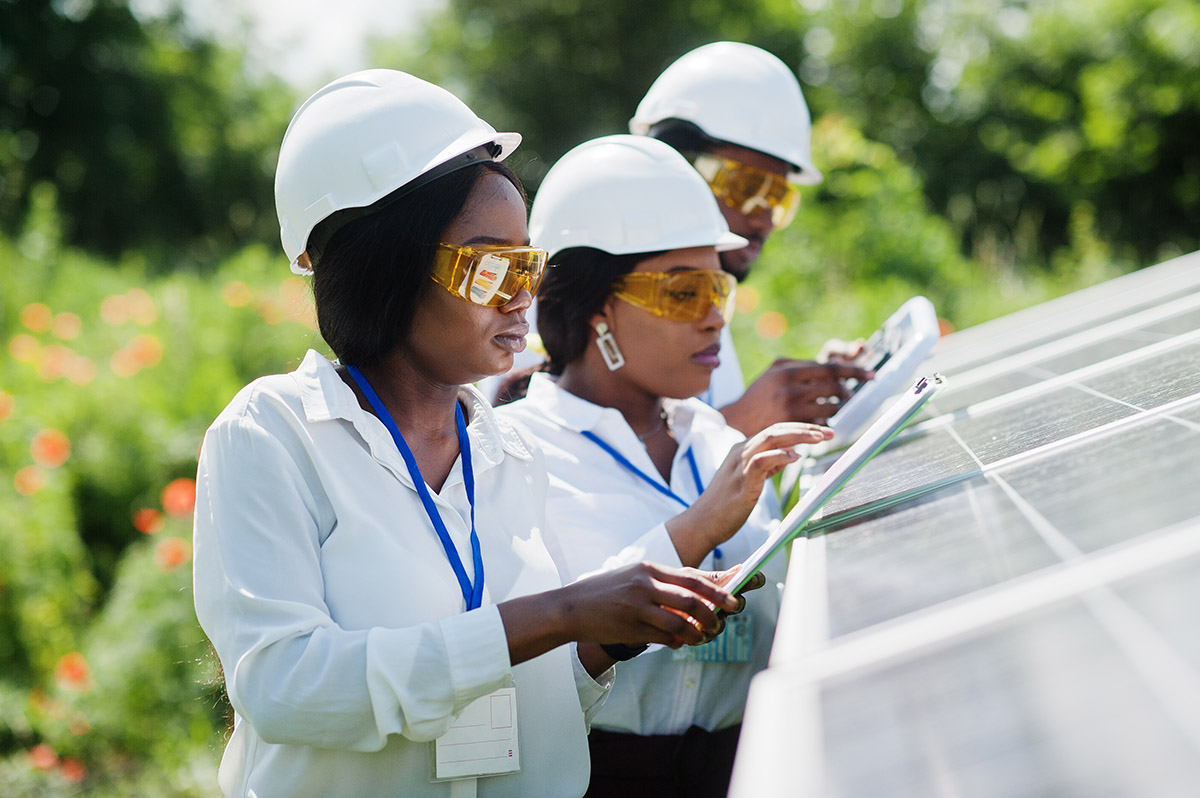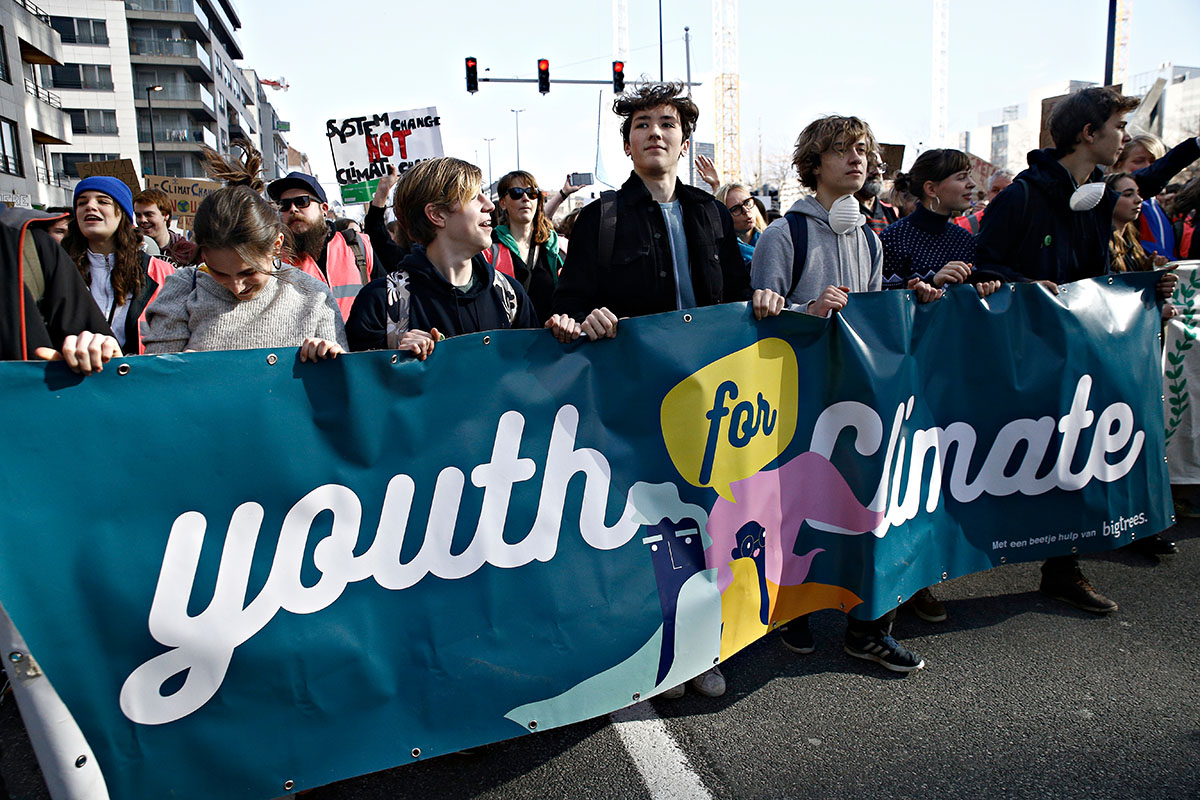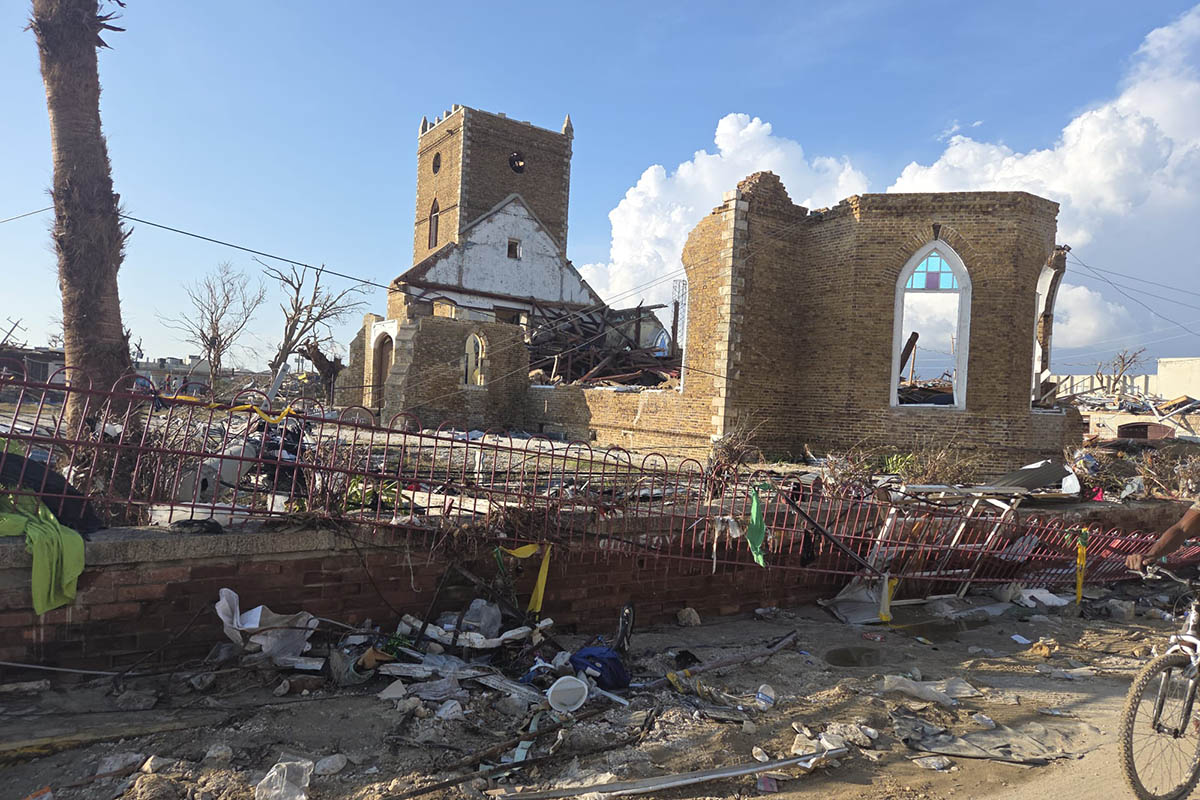Energy access in Africa and the impact of trade and investments on Energy Transition
January 24by Muhammed Badamasi
In the early hours of a regular day, thousands of people transport themselves through slow moving traffic in crowded buses and cars in Lagos, the most populous city in Africa.
Shops and businesses come alive as early as six in the morning, and at night, people fill the streets looking for entertainment hotspots, evidence of the vibrancy of the city known to never sleep.
In the heart of these activities is the common denominator that makes it possible for the city to stay alive, energy. In other cities in Nigeria, similar environments exist in varying levels despite the difficulty of accessing energy in the country. In Ibadan for example, a walk around the city will not only be accompanied by different sounds, including the revving of vehicle engines and music from religious houses, but also the unavoidable sound of generators providing businesses and homes with electricity.
According to the International Energy Agency, in 2022, 600 million people, or 43 per cent of the total African population lacked access to electricity, most of them in sub-Saharan Africa. Energy is an important aspect of daily life and providing accessible energy should be a priority for every African country. In many instances, access to energy can be determined by several factors including trade and investment policies.
Access to energy has been a controversial issue in Nigeria for a very long time. Until recently, the subsidization of Premium Motor Spirit (PMS) resulted in comparatively low prices of fuel at retail level, however, recent developments have brought this to an end. During his inauguration ceremony, President Bola Ahmed Tinubu, the country’s newly elected president, announced that the fuel subsidy regime is gone. Following this announcement, there was an almost immediate increase in the price of PMS at retail stations nationwide.
The removal of subsidy in Nigeria has reportedly also resulted in a ripple effect leading to increase in the price of petroleum products in neighboring countries of Benin Republic, Cameroon, and Niger. This development can be traced to the role of trade in easing access to energy in Africa. There have been claims that the Nigerian government was not only subsidizing fuel for use within the country, but that a significant amount of the subsidized product was being transported to neighboring countries using illegal cross-border trade routes.
The African Continental Free Trade Area (AfCFTA) is a revolutionary agreement that many claim to be long overdue. It seeks to create a single market consisting of African countries. At the time of writing this article, 54 out of 55 member states of the African Union were signatories to the agreement creating the Free trade area. One of the focus areas of the agreement is the promotion of trade and investment in Africa. The African Union intends to improve the investment landscape in Africa through the implementation of the Protocol to the agreement establishing the African Continental Free Trade Area on investment. With this protocol and other similar developments on the continent, there is hope in the possibility of improved access to sustainable energy in Africa.
There is increasing global concern regarding the goal of accelerating the adoption of renewable energy and the phasing out of fossil fuels consumption. These concerns are based on several reasons including climate change and the negative impact that fossil fuels have on the environment. However, in respect to how quickly this can be achieved, the trajectory shows that African countries are the least prepared to achieve this goal.
According to a 2022 report, Africa possesses 60% of the best solar resources globally, yet only 1% of installed solar PV capacity. The protocol to the agreement establishing the African continental free trade area on investment can contribute positively to the development of renewable energy in Africa. Articles 8, 26, and 30 of the protocol provide guidelines for state parties on improving the adoption of clean and sustainable energy. The articles respectively provide guidelines for investment incentives around sustainable development, investments in relation to climate change, and transfer of technology. If successfully implemented, there will be an increase in investments surrounding clean energy and the possibility of the creation of more than nine million additional jobs between 2019 and 2030 through energy transition according to the International Renewable Energy Agency.
Apart from the economic and environmental impact of access to clean energy, there are also health implications for the use of fossil fuels. The use of energy sources such as charcoal and firewood for cooking has been documented by several institutions including The Clean Cooking Alliance to lead to health impacts like cataracts, cancer, and heart disease, particularly in women. Other issues such as the long hours spent searching for cooking fuel force young girls in Africa to spend considerable time out of school instead of pursuing their education. The promotion of investment opportunities that focus on producing clean cooking technology will positively affect the living conditions of women in Africa.
Trade and investments are important influences on the access to energy in Africa. The AfCFTA provides a window for African countries to achieve the development of sustainable energy more quickly through collaboration and planning. A unified and collaborative front can solve issues such as illegal cross border trade and provide the important structure to drive trade and investments in sustainable energy on the continent as the world moves gradually towards phasing out fossil fuels.






